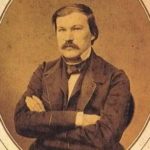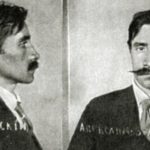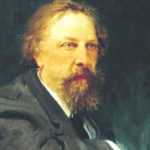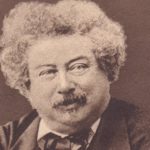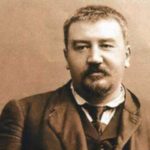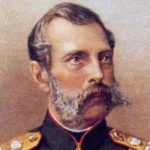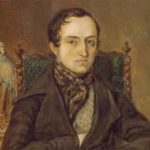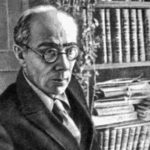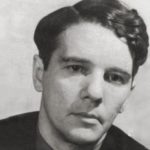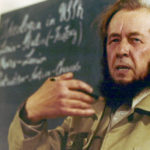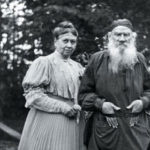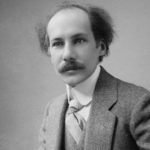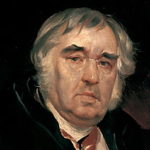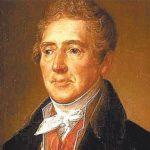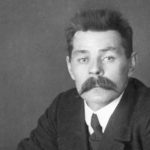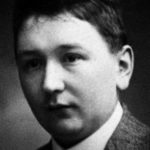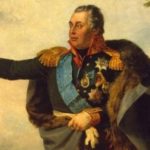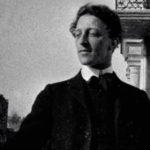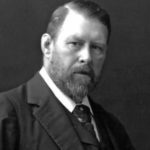Interesting facts about Alexander Griboedov
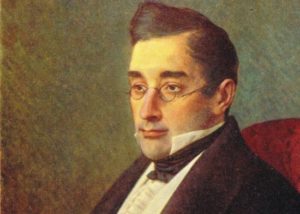 A man of many talents, Alexander Griboedov was not only a talented writer. He achieved no less success in the diplomatic field. Having a good start in life in the form of financial security and a good education, he used his powerful, penetrating mind in one hundred percent both in personal affairs and in public activities.
A man of many talents, Alexander Griboedov was not only a talented writer. He achieved no less success in the diplomatic field. Having a good start in life in the form of financial security and a good education, he used his powerful, penetrating mind in one hundred percent both in personal affairs and in public activities.
At the age of six, the young Alexander had already spoken in four languages, including Russian. In total, he mastered 9 foreign languages in the future.
The name of the future writer is an adapted translation of the names of his direct Polish ancestors, the Grzybowski genus.
In addition to literature, Griboyedov was also engaged in writing music. Several of his waltzes have become very famous and popular.
Future diplomat and writer entered the university at the age of 11 years.
When the war began with France and the emperor Napoleon, Alexander Griboedov voluntarily went to the army, interrupting his training.
In the army, he would have been accepted into the hussars and received the rank of cornet, but he was not able to take part in hostilities, since his regiment was left in the rear.
During a duel with pistols, Griboedov lost his little finger in his left hand, which caused him inconvenience when playing the piano. In order to level this deficiency, he put on a surviving phalanx of his little finger a prosthesis specially made for him.
Being a lover of extravagant jokes, once Griboyedov solemnly rode into the ballroom on horseback.
In 1826 he was arrested on suspicion of involvement in the Decembrist plot. Six months later, the writer was released, since no solid evidence of his guilt was collected.
Having written his famous work “Woe from Wit”, Griboyedov first of all showed him to Ivan Krylov. The fabulist highly praised him, but said that censorship would never let him pass. He was right – during the life of Griboyedov, this work was never put in the theater.
Disillusioned by the censorship and the fate of his main work, the writer no longer wrote anything after “Grief of the mind”.
Lifelong writer was a member of the largest Masonic Lodge in St. Petersburg
